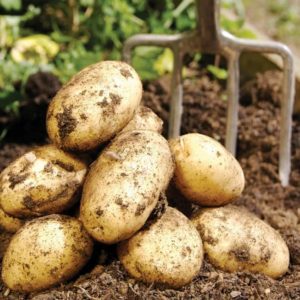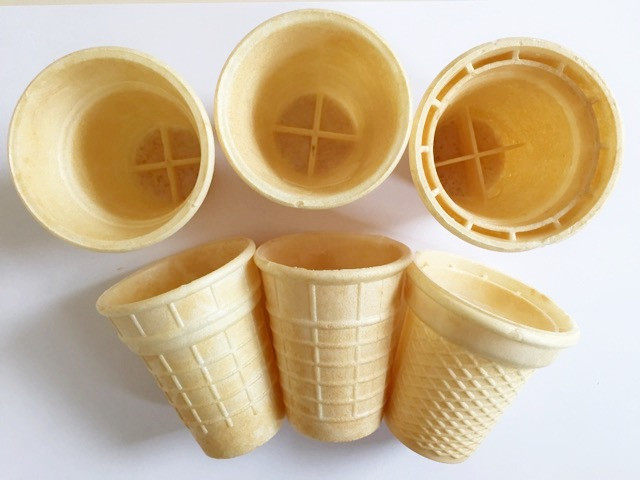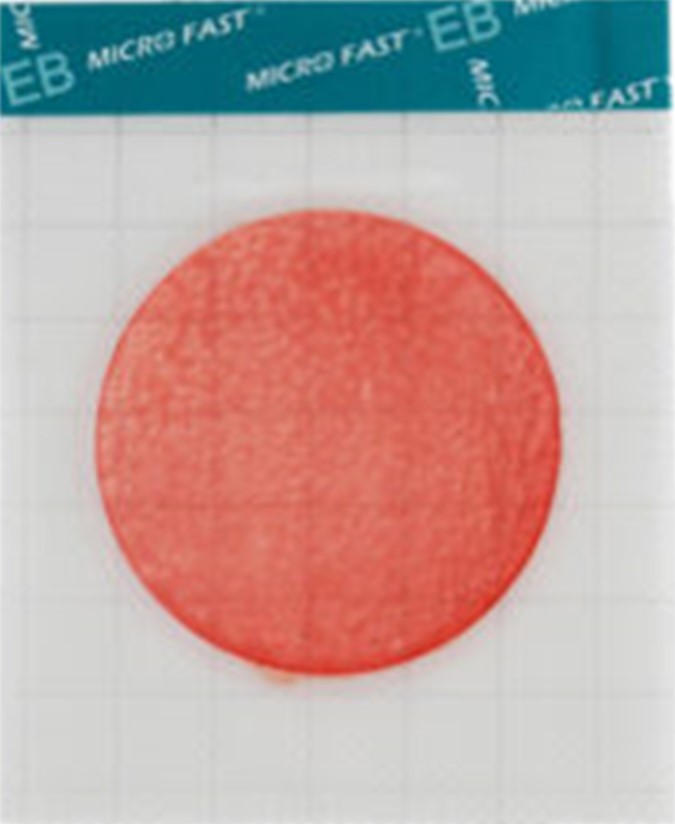Diet for the elderly: what are the important rules to follow in the "golden" age?
The older a person gets, the more his body changes. Including, the intestinal microflora becomes different: the number of lactic acid bacteria decreases, and putrefactive bacteria grows, which can ultimately lead to the development of various pathologies. The gallbladder increases, the muscles of its walls often come into tone, so the bile stagnates. At the same time, metabolic processes in the body slow down. That is why malnutrition threatens the elderly with such serious diseases as chronic gastritis, ulcers, chronic hepatitis, pancreatitis, colitis, diabetes mellitus.
- it has been proven that moderation in nutrition lengthens life. Doctors recommend that the elderly eat less sweet and fatty, and more often include in the menu whole grain bread or with bran, from several types of cereals, low-fat dairy and sour-milk products, fish, oatmeal, buckwheat, pearl barley or millet groats - sources of dietary deficient fibers, - says Hygienist of the Sanitary and Epidemiological Department of the State Institution "Center for Hygiene and Epidemiology of the Leninsky District of Minsk" Natalia Chernyavskaya.
She notes that it is very important to start the morning with a full breakfast. They can become including porridge. For example, oatmeal, buckwheat and millet are rich in magnesium and potassium salts. They not only dilate blood vessels, but also remove spasms, stimulate intestinal motility, increase bile secretion, and lower blood cholesterol levels. In addition, potassium enhances heart contractions and helps to remove excess fluid from the body.
- It is not for nothing that the basis of the pyramid of rational nutrition is the use of cereals. Oatmeal and other cereals are better to buy whole grains, and not peeled or flattened, the hygienist notes. - Of course, flattened cereals are easier to cook: they do not have a shell, so it is enough to pour them with boiling water, do not boil. But with whole grains you have to tinker. But they retain all the nutrients in their composition, and the polyphenols contained in the outer layer of the grains have antioxidant properties.
It will not be superfluous to add prunes, dried apricots or nuts to the porridge - they are also rich in potassium and magnesium salts. In general, mushrooms, berries and nuts stimulate digestion, restore the functioning of the intestines, gallbladder and pancreas.
- Can be added to cereals and pieces of fruit, leave them for dessert or for second breakfast. Berries and fruits contain soluble forms of dietary fiber, vitamin C, and many biologically active compounds that protect the body from cardiovascular diseases and oncology. No wonder the old English proverb says: "Two apples a day put off a visit to the doctor," adds Natalia Mikhailovna.
Lunch: swap MEAT for fishSpecial rules for the elderly must be taken into account not only when compiling the menu for the day, but also when planning time for food.
- Meals should be frequent, but fractional. Best of all - four times. Then we break the volume of the daily ration as follows: first breakfast - 25%, second breakfast -15%, lunch -35%, dinner - 25%. Doctors recommend taking a short break between meals and, if possible, arrange them at the same time every day, the hygienist says.
Lunch is one of the most important items on the menu. It should include salad, soup, hot and, of course, compote. Moreover, it is a must to use greens in the salad. Parsley, cilantro, dill, cabbage and lettuce are an excellent source of vitamin C and folic acid, various biologically active substances with antioxidant properties.
- Parsley, cilantro and dill can also be used as a seasoning in the main hot dish. They improve digestion, reduce the formation of possible harmful components in the process of cooking due to antioxidants, explains Natalia Chernyavskaya. - It is good to add more nuts or seeds to the salad. They contain not only useful polyunsaturated fatty acids, dietary fiber, vitamins, minerals, many biologically active compounds, but also high-quality protein.
A hot dish, of course, can be made with meat, but not every day. In general, doctors recommend that older patients gradually exclude fatty meats, poultry, offal from the diet and replace them with fish.
- It is better if it is an inhabitant of the cold seas - mackerel, herring, sardines, someone from the salmon family. Any oily fish will do though. The main advantage of this product is the content of omega-3 polyunsaturated fatty acids (eicosapentaenoic and docosahexaenoic), which reduce the risk of developing cardiovascular diseases and strengthen the immune system . To get enough of this substance, you need to eat oily fish at least twice a week. In this case, the likelihood of developing coronary heart disease is reduced by at least 25%, the physician assures. - Fish is also a very good source of high-quality protein, iron, zinc and other trace elements, vitamins A and D. And if you replace meat with it more often, you can maintain a normal level of cholesterol in the blood.
It is recommended to alternate sea fish with legume dishes. They, Natalia Chernyavskaya assures, are an excellent substitute for meat:
- Beans, peas , lentils and soybeans are an excellent source of high quality protein. They also contain phytoestrogens, which fight against diseases of the cardiovascular system and osteoporosis. High life expectancy, for example, in Japan is associated with the traditional consumption of tofu - cheese made from "soy milk". Bean dishes are an excellent substitute for meat, but they are not recommended for those who have diseases of the joints and kidneys, gout.
Vegetables are traditionally served with fish. There are no restrictions for older people. At the same time, Natalia Chernyavskaya recommends potatoes as a side dish , which many consider mainly as a "storehouse of carbohydrates".
- Bulba, beloved by Belarusians, is not only carbohydrates, but also a certain proportion of fairly high-quality protein. In addition, potatoes contain potassium, vitamin C, and dietary fiber. It is important to cook it in the most healthy way - without oil: bake in a peel, boil, mash. In general, in old age it is better to forget about fat in the kitchen. Products are recommended to be boiled, baked, stewed or steamed, the hygienist suggests.
Dinner: the lighter the betterDoctors do not recommend eating at night at any age. So they advise the elderly to cook dishes for dinner, for example, from vegetables. They contain many vitamins, which are much more important for an aging organism than for a young one.
- In the diet of vegetables should be every day. This is fiber, which not only helps the intestines to work, but also has the property of absorption, removing toxic substances from our body. For example, beetroot combined with vegetable oil is an excellent “brush” for the intestines, notes Natalia Chernyavskaya.
Sour-milk products will not be superfluous for dinner: kefir , yogurt , fermented baked MILK - an excellent source of calcium, high-quality protein, vitamin B2. The microorganisms contained in these drinks have beneficial effects on the gastrointestinal tract and the body as a whole. In addition, they are rich in antioxidants.
- There is one more restriction, which is better for the elderly to adhere to when preparing any dishes - SALT and SUGAR should be used to a minimum. Salt is enough up to 5 grams per day for cooking and adding salt to food. Sugar - up to 30 - 50 grams, and this includes the one that is used in drinks - tea, coffee , soda, yogurt, as well as sweets and confectionery, - says the physician.
The diet of an elderly person for every day (depending on the state of HEALTH, this balance may structurally change):
· Cereals/legumes - 42%.
· Meat products - 17%.
· Vegetables - 14%.
· Dairy products - 17%.
· Fruits - 10%.
| Elena IVASHKO, newspaper "7 days", photo from open Internet sources.
REPRINTING OF THIS MATERIAL (IN WHOLE OR IN PART) OR OTHER USE OF THIS MATERIAL IS PROHIBITED
Read also:




























































